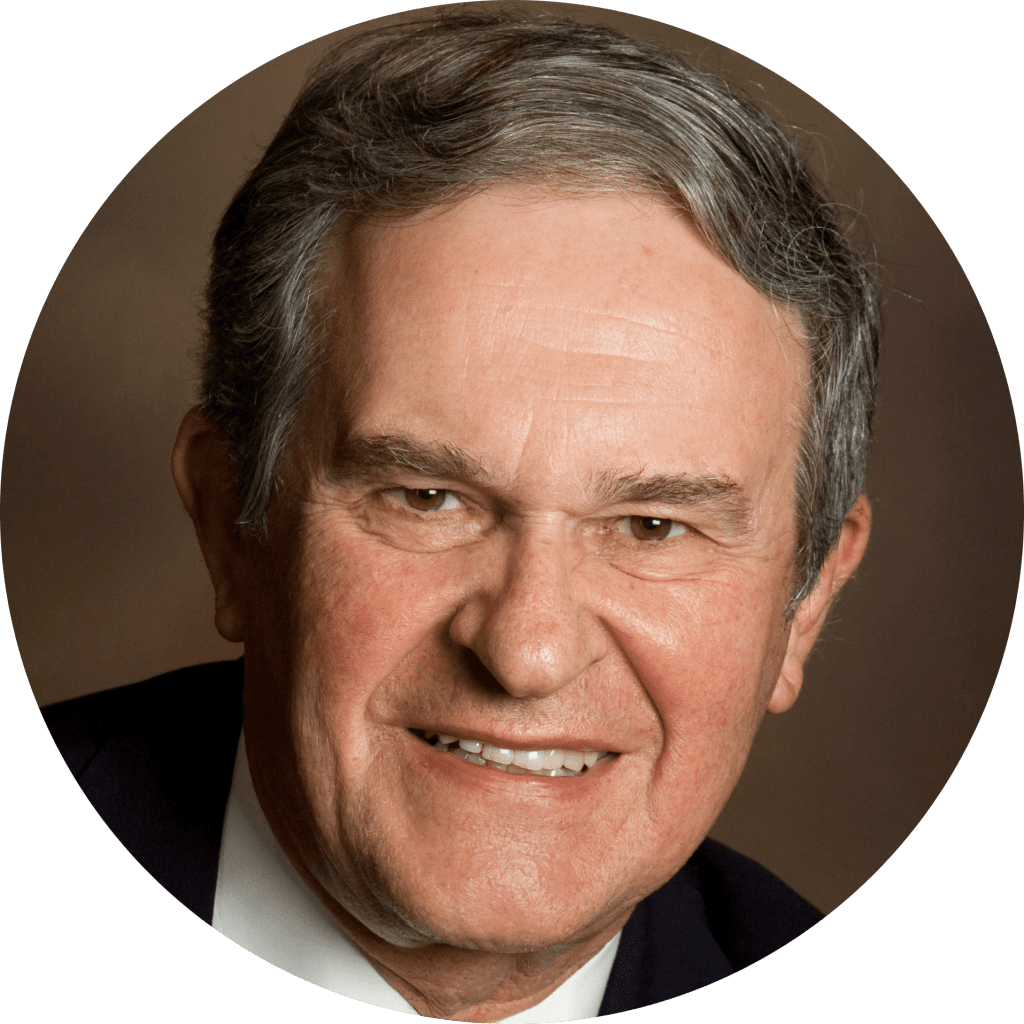As we approach the new school year, we invite you to join us for the Piano Inspires Book Club! The first book club will focus on Inspired Piano Teaching by Marvin Blickenstaff. Learn more and register here.
August 26, 2024
Dear Frances Clark Center Community,
As we approach the new school year, we invite you to join us for the Piano Inspires Book Club! The first book club will focus on Marvin Blickenstaff’s Inspired Piano Teaching.
Join author Marvin Blickenstaff and host Sara Ernst for a four-part, open-access series discussing Inspired Piano Teaching by Marvin Blickenstaff. Each meeting will cover one portion of the book, with guided conversation. Participants are encouraged to attend all four meetings, or attend as their schedule permits. All are welcome!
- Tuesday, September 10, 2024, 11AM EDT | Introduction: Why We Teach – Foundational Principles in Piano Pedagogy
- Tuesday, October 8, 2024, 11AM EDT | Exposition: Practical Teaching Principles in Piano Pedagogy
- Tuesday, November 12, 2024, 11AM EDT | Development: Advancing Piano Pedagogy – Theory, Performance, and Technique
- Tuesday, December 10, 2024, 11AM EDT | Recapitulation: Interpretation and Stylistic Performance in Piano Pedagogy
The first meeting (September) will center around foundational principles of music making and piano teaching, along with important questions such as “Why do we teach?” and “Why should students learn?” Participants are recommended to read pp. ix-23, and to prepare any questions or thoughts they would like to share.
Yours,
Piano Inspires
An Excerpt from Inspired Piano Teaching (p. 29-31)
Theme I: Teaching Principles
Chapter 5
TERRAC:
The Well-Rounded Lesson
Lesson planning is an important topic in every piano pedagogy course, and thoughtful planning is crucial to the success of any lesson. Frances Clark suggested planning months in advance for end-of-the-year recital repertoire, goals for technical skills, and other milestones. Without a plan, we flounder. Long-term goals may prove to be the most important ones; once these are established, we are forced to devise a strategy for reaching those goals, and this strategy can inform our week-to-week teaching.
All too often, a typical lesson might proceed as follows. The student arrives at the lesson and hands a spiral-bound lesson-assignment notebook to the teacher. The teacher looks up the most recent page and says, “I see that you were assigned a new movement in the Clementi Sonatina. Play that first page” The teacher then turns to the next page in the assignment book and writes comments and suggestions for next week’s work on the Clementi. And the lesson proceeds in like manner. No planning. Little progress.
Let me be so bold as to suggest that the student deserves to have each lesson planned, just as the teacher deserves to expect that the student has practiced. Both teacher and student have their assignments to fulfill. These can be summarized by two simple expectation equations:
STUDENT = PRACTICE
TEACHER = PLANNING/PREPARATION
There is so much to be covered in a piano lesson, and it often feels like there is insufficient time available to us. We can easily fall into a lesson routine of scales, Hanon, repertoire. While this has some benefits, there are many more skills and areas that students need for their musical development. It is far too easy to let lesson after lesson go by without realizing what each lesson might be missing. Covering all the components that students need—with proper presentation, reinforcement, and follow-through—is a serious challenge.
To help me ensure that each lesson is musically well rounded, I have developed the acronym TERRAC. Each letter of the acronym represents a topic to be covered in a lesson.
- T echnique
- E xpression
- R eading
- R hythm
- A ural Skills (ear training)
- C reativity
- A ural Skills (ear training)
- R hythm
- R eading
- E xpression
The acronym does not indicate the order in which these concepts are to be covered, and it is possible that a single lesson activity might combine two or three of the concepts. Keeping this acronym in mind, however, helps ensure that students are covering the basic musical elements and skills in every lesson.
As you prepare for a lesson, write TERRAC at the top of a blank page. You will already have your own categories for the lesson, which might include the following:
- Warm-ups
- Études or technical studies
- New pieces
- Review pieces
- Duets
- Sight-reading
- Ear training
- Creative projects
When devising your lesson plan, look for ways in which you can incorporate the TERRAC concepts into the lesson. For instance, when working on new repertoire, you will most likely have students sight-read portions of a new piece, then offer them suggestions that facilitate the reading. That can suffice as the reading R portion of the lesson. In that same introductory activity, students may also be asked to tap and count certain challenging measures. That rhythm activity covers the rhythm R.
TERRAC helps us view the lesson in a well-rounded, holistic manner, and it helps us avoid gaps in our instruction. Without this formula, many lessons may take place with no attention to A (aural skills) and C (creativity).
About Inspired Piano Teaching

Inspired Piano Teaching is filled with practical advice on teaching students at all levels. It is dedicated to keeping inspiration and artistry alive for every student in every lesson. Topics range from proactive teaching, the interview, and the first lesson to technical gestures, guidelines to interpretation, and coaching a piece to performance. After reading the book, teachers will feel like they have attended a multi-day workshop with Marvin.
Purchase your copy today to read and participate in the Piano Inspires Book Club! Use code MARVINCLUB15 at checkout for 15% off list price.
About the Author
Marvin Blickenstaff joined The New School for Music Study in 1999, and serves as co-director of the PEPS Program. Blickenstaff holds degrees from the Oberlin Conservatory of Music and Indiana University, where he received both academic and performance honors. He is well-known across the country and in Canada for his frequent presentations at state and national conferences.

About the Host
Sara Ernst, PhD, is an active pedagogue and pianist, and Associate Professor and Director of Piano Pedagogy at the University of Oklahoma in Norman. For the Frances Clark Center, she is Director of Teacher Engagement and leads programming for NCKP: The Piano Conference.

Questions? Please contact teachereducation@francesclarkcenter.org.
MORE ON MARVIN BLICKENSTAFF
- BOOK: Inspired Piano Teaching by Marvin Blickenstaff
- MAGAZINE ARTICLE: A Tribute to Marvin Blickenstaff and his Pedagogical Legacy by Sara Ernst, Jane Magrath, Karen Zorn, Joel M. Harrison, Marianne Williams, Zack Kleiman, Henry Banta, Anya Smith, and Nina Austria
- MAGAZINE ARTICLE: Intuition is Overrated: 10 Lessons Learned After Interviewing Sixty Leaders in Teaching World by Ben Kapilow
- WEBINAR ARCHIVE: Messages Written on Our Students’ Slates with Marvin Blickenstaff
- WEBINAR ARCHIVE: Teaching Demonstration (NCKP Rebroadcast) with Marvin Blickenstaff
- WEBINAR ARCHIVE: Bach Inventions: Prepare, Present, Perform with Marvin Blickenstaff
- INSIDE THE STUDIO VIDEO SERIES: Marvin Blickenstaff
- FOUNDATIONAL TECHNIQUE SERIES: Message from Marvin Blickenstaff
- FOUNDATIONAL TECHNIQUE SERIES: Technique Q&A with Marvin Blickenstaff
- FOUNDATIONAL TECHNIQUE SERIES: Warm-ups for Teachers with Marvin Blickenstaff